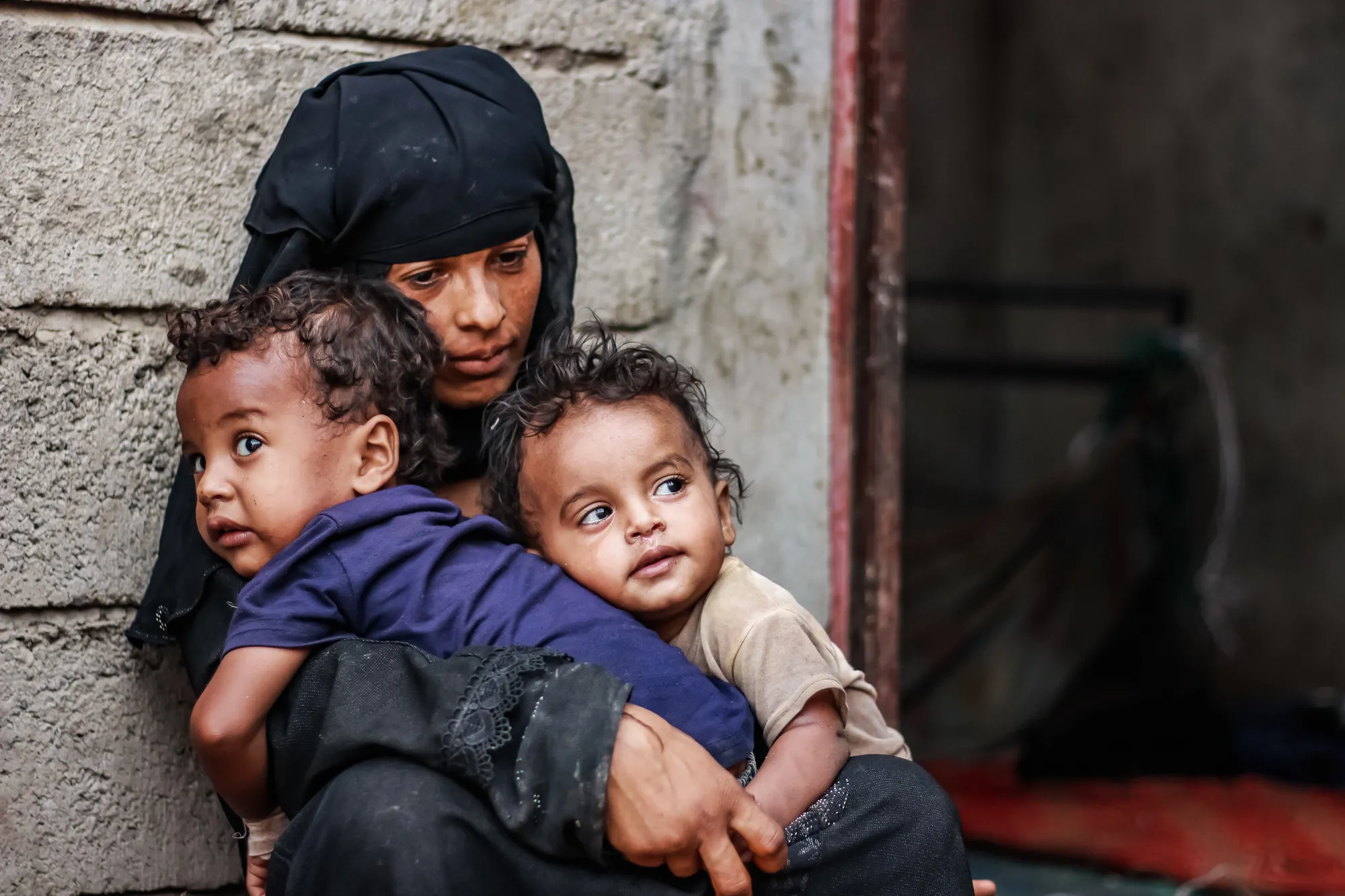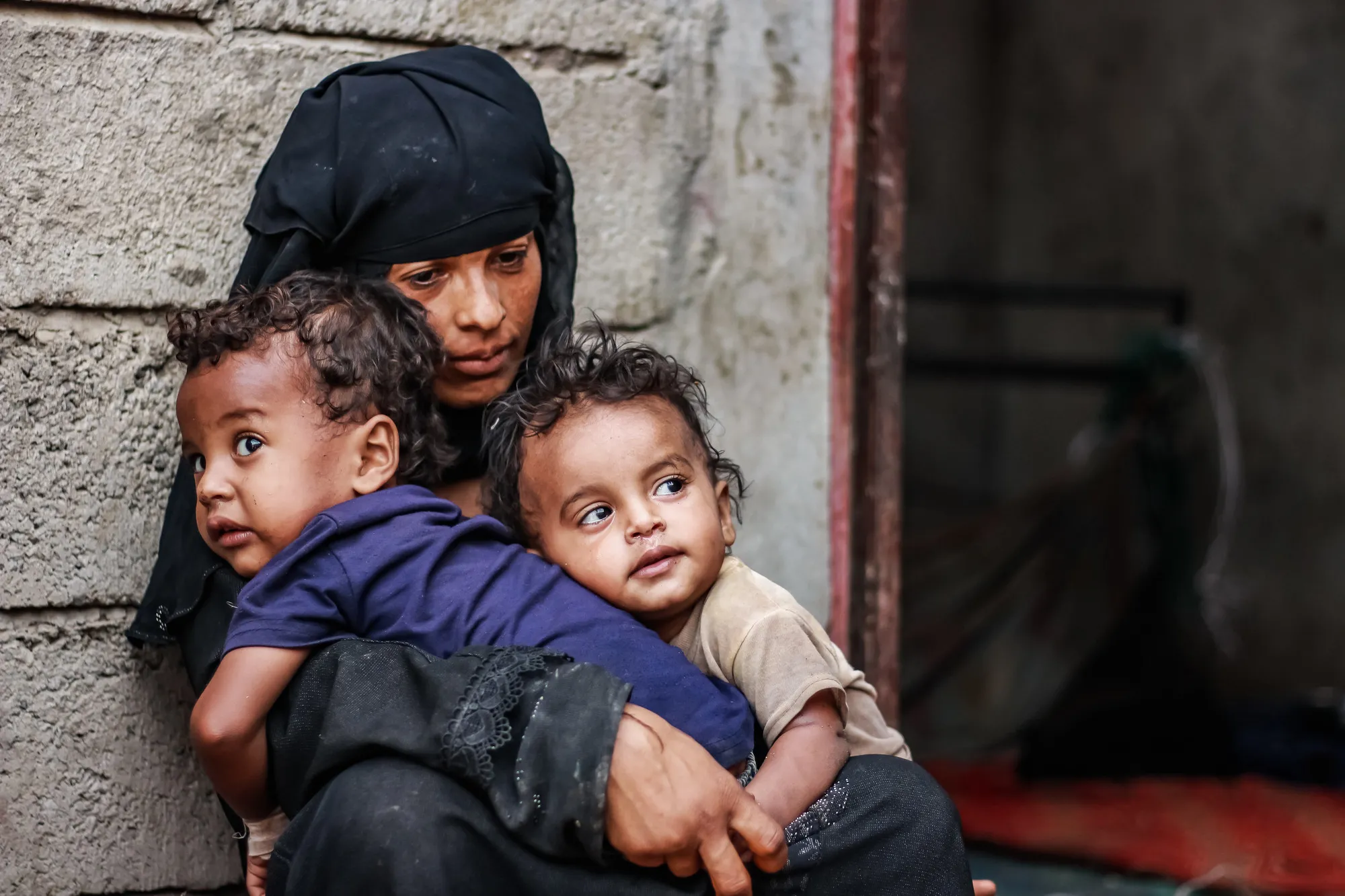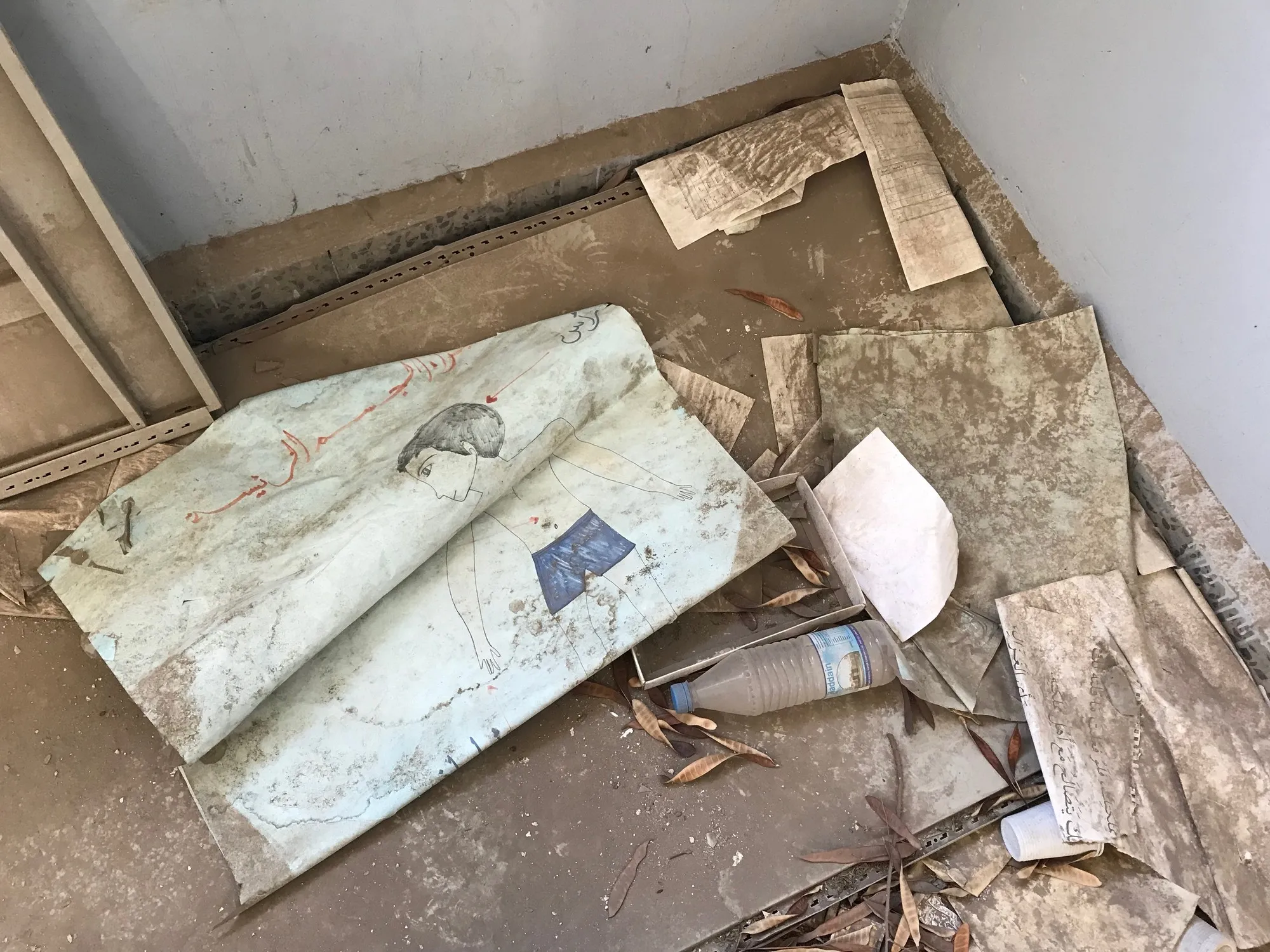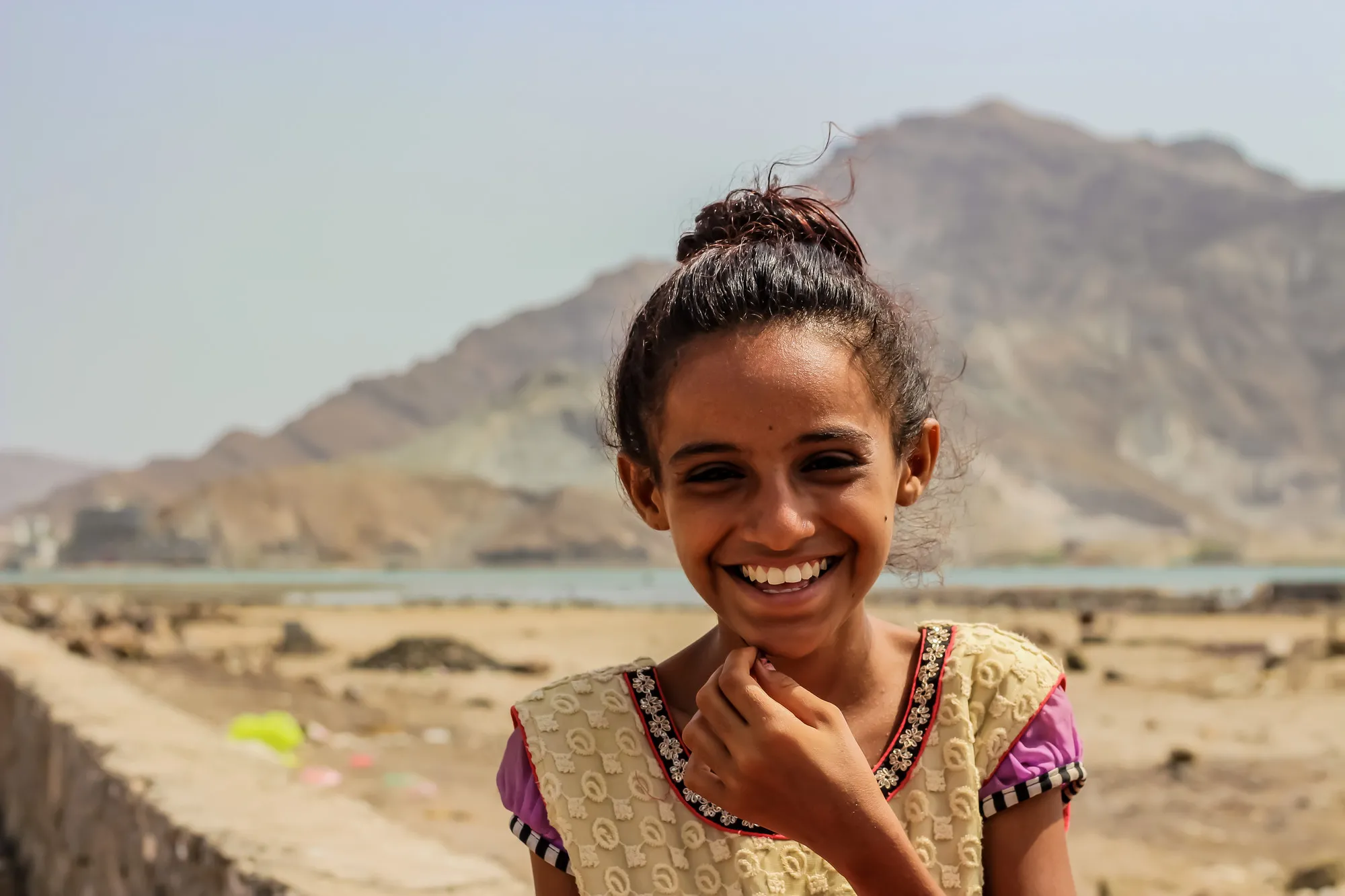Yemen is experiencing the world’s worst humanitarian crisis. More than four years of brutal civil war has left over 24 million people in need of humanitarian assistance and 17 million in need of food.
The suffering inflicted on Yemeni people is entirely manmade, and is having a disproportionate impact on women and girls, who are exposed to increased risk of violence, exploitation and abuse. Due to ongoing violence and a severe economic decline, access to healthcare is difficult and expensive, especially for women and girls. Only half of Yemen’s healthcare facilities are fully functional.
The United Nations has called Yemen “a living hell for children.” More than 2 million children do not attend school, and 1.8 million children suffer from acute malnutrition, resulting in 30,000 child deaths every year. Every 10 minutes in Yemen, a child dies from preventable diseases.
“As a humanitarian organization working to help 1.5 million Yemenis a month, CARE sees daily the catastrophic impact of war on the people of Yemen,” Jolien Veldwijk, CARE Yemen’s Program and Operations Director said in a press release following an escalation of hostilities in Aden last summer. “Peace in Yemen is only possible through political means.










